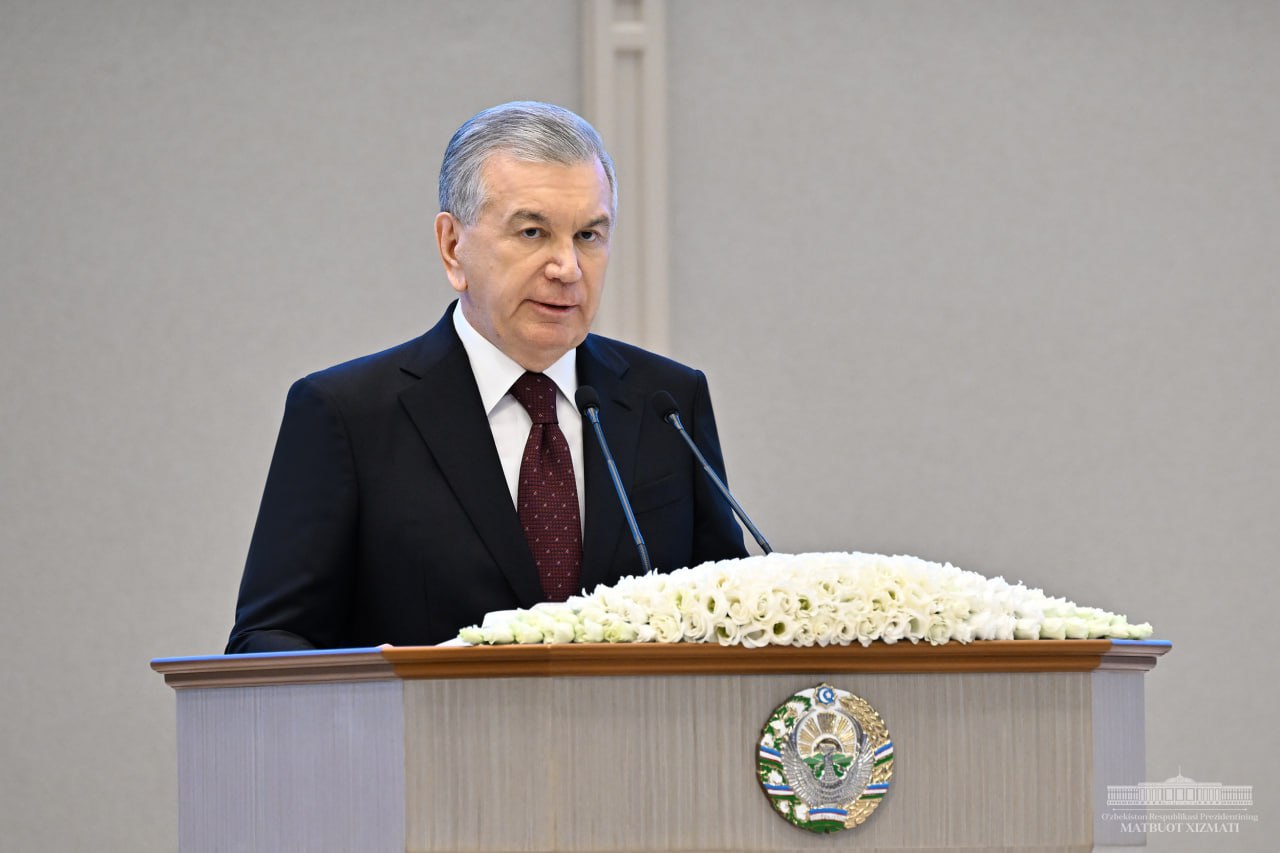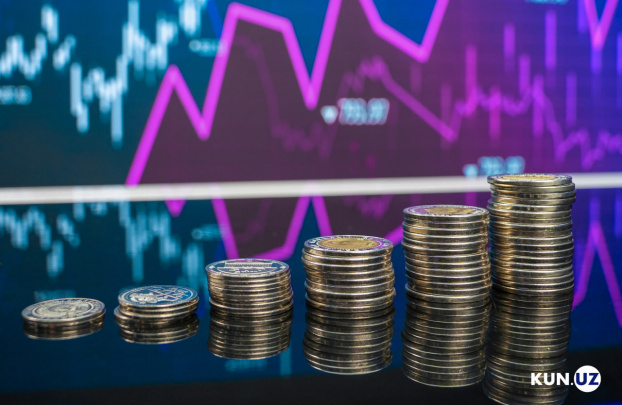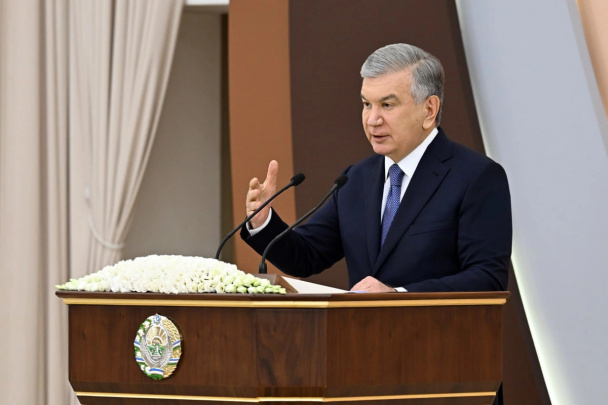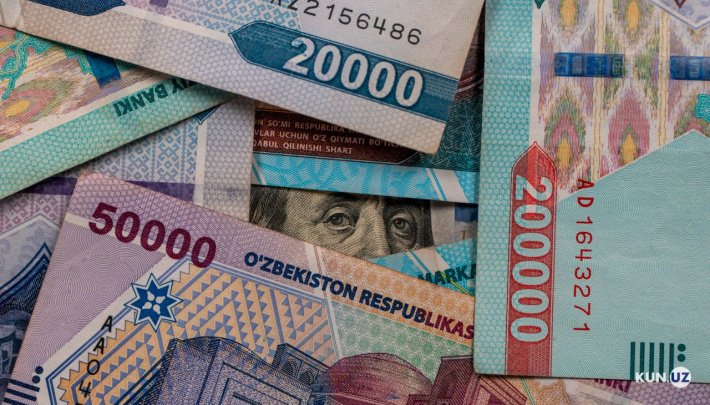Uzbekistan aims to double its GDP to $200 billion by 2030
President Shavkat Mirziyoyev has announced plans to double the country’s economy to $200 billion by 2030, leveraging significant progress in green energy and energy sector reforms.

During a ceremony for the launch of energy projects, President Mirziyoyev emphasized the reforms initiated in the energy sector over the past eight years. These reforms have paved the way for substantial developments, particularly in renewable energy, and opened the door to private sector investments.
In the last five years, $20 billion in direct foreign investments have been attracted to the energy sector, previously entirely state-controlled. This has led to the emergence of 24 independent energy producers. In the field of "green energy," 16 large-scale solar and wind power plants with a total capacity of 3,500 megawatts have been launched, generating 10 billion kilowatt-hours of electricity annually. By 2024, the share of green energy in Uzbekistan’s energy mix will exceed 16%, with clean energy capacities multiplying two to three times annually in recent years.
Uzbekistan's economy reached a historic milestone last year, achieving a GDP of $100 billion for the first time. To further accelerate growth, the government aims to reach a $200 billion economy by 2030. Simultaneously, energy demand is expected to rise by 1.5 times within the next five years, reaching 120 billion kilowatt-hours annually.
In response to these challenges, Uzbekistan has set an ambitious goal to construct 19,000 megawatts of renewable energy capacity by 2030, increasing the share of green energy to 54%. By 2025, 18 new solar and wind power plants with a combined capacity of 3,400 megawatts and 1,800 megawatts of energy storage systems will be operational. These efforts will boost green energy production to 12 billion kilowatt-hours next year, equivalent to the annual consumption of 5 million households. This will also prevent the emission of 6.5 million tons of harmful gases into the atmosphere.
To further develop energy infrastructure, Uzbekistan plans to implement a program for establishing over 2,000 small and micro-hydropower stations in collaboration with private entrepreneurs in the next two years. Additionally, steps are being taken to create a competitive wholesale electricity market by the end of 2024, ensuring private sector participation and fostering competition.
International and regional cooperation in green energy is also being expanded. During COP29, Uzbekistan signed an agreement with Kazakhstan, Azerbaijan, and Saudi Arabia to export green energy to Europe. A unified energy platform with neighboring countries will be launched to enhance regional energy stability.
Under the Paris Agreement, Uzbekistan has committed to reducing harmful gas emissions by 35% by 2030, with plans to extend these commitments until 2050. In alignment with this, 2025 has been declared the “Year of Environmental Protection and Green Economy” in Uzbekistan.
The reforms and projects outlined are a continuation of Uzbekistan's comprehensive strategy to modernize its energy sector, promote sustainable development, and achieve significant economic growth.
Related News

20:44 / 17.02.2026
Uzbekistan targets 5 percent GDP share for creative economy by 2030

22:28 / 14.02.2026
Uzbekistan to boost copper output and review raw material tariffs

19:06 / 12.02.2026
Uzbekistan’s currency gains nearly 7% against dollar, easing external debt payments

16:06 / 11.02.2026




